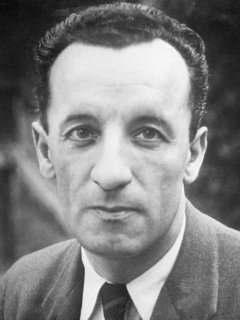
Publication details
Publisher: Springer
Place: Berlin
Year: 1985
Pages: 179-184
Series: Phaenomenologica
ISBN (Hardback): 9789024731978
Full citation:
, "The good and the beautiful", in: Phenomenology in practice and theory, Berlin, Springer, 1985


The good and the beautiful
pp. 179-184
in: William Hamrick (ed), Phenomenology in practice and theory, Berlin, Springer, 1985Abstract
Plato calls beauty to ekphanestaton — the most apparent. As such it provides an exemplary topic for phenomenology understood, as it sometimes is in the works of the later Heidegger and the later Merleau-Ponty, as the vision of the invisible within the visible. Because we find that more appears than appears to appear, phenomenology in this sense investigates, tracks to its lair, an excess. Being is the excess for Heidegger. Phenomenology seeks out this excess, negatively by avoiding reductive analysis, positively by attempting to be true to experience, that is to preserve the experience as experience. What experience means here should become clear in the course of what follows.1
Cited authors
Publication details
Publisher: Springer
Place: Berlin
Year: 1985
Pages: 179-184
Series: Phaenomenologica
ISBN (Hardback): 9789024731978
Full citation:
, "The good and the beautiful", in: Phenomenology in practice and theory, Berlin, Springer, 1985


